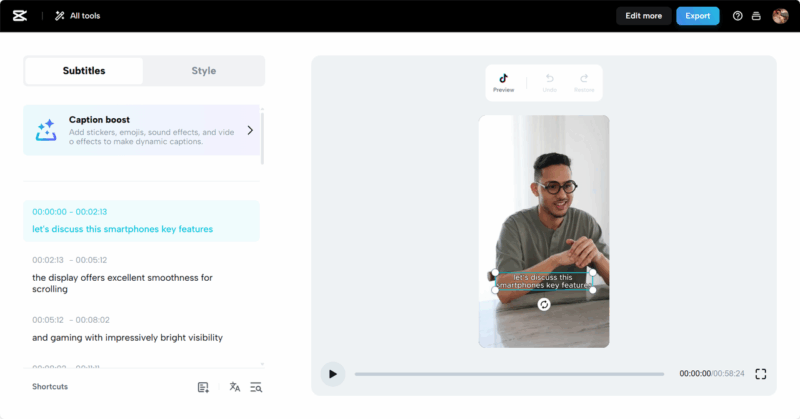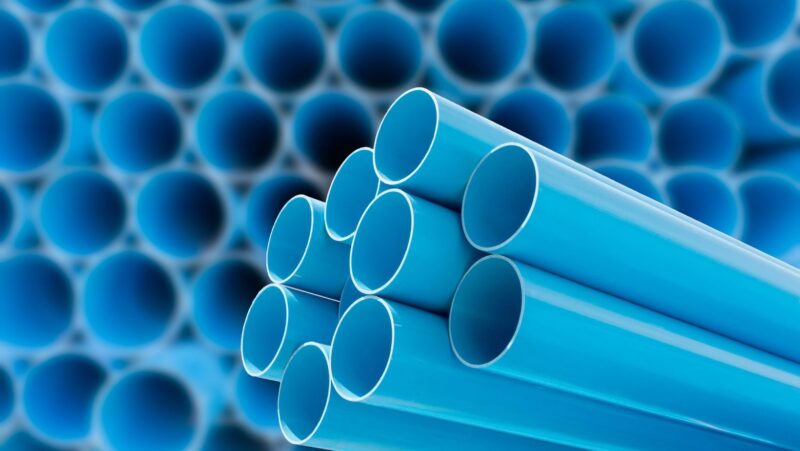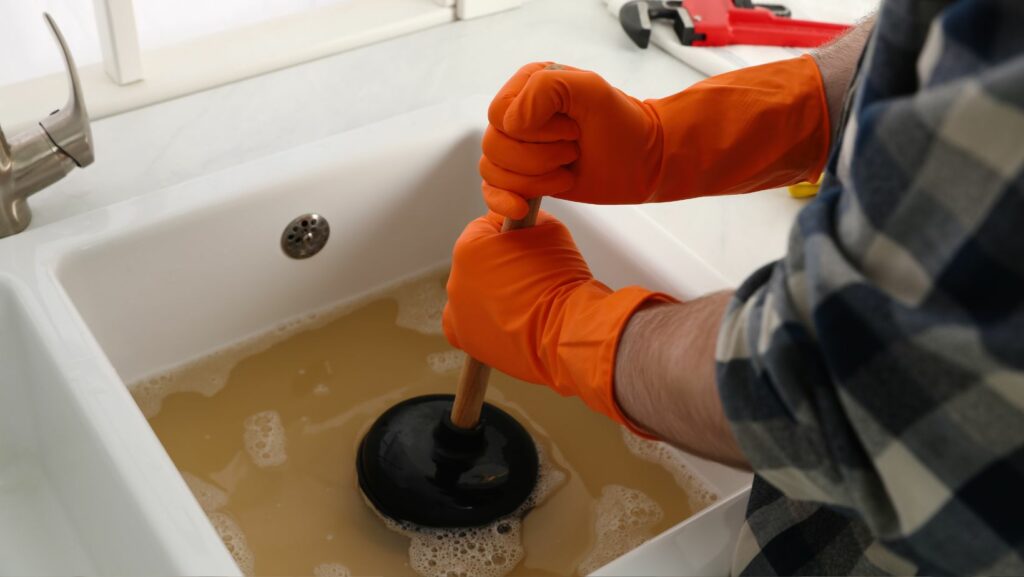
A clogged sink can be a real nuisance, but before you rush to call a plumber, consider this: you might have everything you need to fix the problem right at home. This article will introduce you to four DIY methods that have proven effective time and again.
Ben’s Plumbing easily fixed your sink problem from simple plunging to more advanced techniques, these methods aren’t just effective—they’re also cost-effective. So, if you’re ready to roll up your sleeves and tackle that troublesome sink, keep reading. You’ll find that with a little elbow grease and the right know-how, you can get things flowing smoothly in no time.
Understanding the Causes of Sink Blockages
Different factors contribute to the formation of blockages in sinks. Often, it’s the normal usage of sinks that leads to clogging. In the kitchen, accumulation of food particles, grease, and oil builds up over time, narrowing the path for water to flow. Similarly, in the bathroom sink, soap scum amalgamate with shed hair, creating a web that impedes the water’s normal flow.
Hard water also poses a significant problem. Minerals from hard water deposit inside the pipes, leading to constrictions. Importantly, no sink is immune to unexpected obstruction like foreign objects accidentally dropped down the drain. Regardless of the cause, it’s possible to tackle many blockages without the immediate help of a service like Ben’s Plumbing, for instance.
Once the root cause is identified, employing one of the four DIY methods discussed earlier becomes more efficient. It’s imperative to match the DIY method with the cause of the sink blockage. For instance, simple plunging might not be effective enough to deal with a sink blockage caused by hard water mineral deposits.
DIY Methods for Clearing a Sink Blockage
Unblocking sinks, a skill it’s important to have in the arsenal of every homeowner, relies on an understanding of the root causes of the obstruction. Homeowners can often easily fix their sink problem using one of four methods — boiling water, plunger method, baking soda and vinegar, or a plumber’s snake.
1. Boiling Water
This method proves effective against grease or oil-based blockages. After removing any standing water, pour slowly a pot of boiling water directly into the drain. The intense heat often breaks down the grease or oil, creating a clear path for water flow. If the clog remains, repeat the process several times.
2. Plunger Method
A plunger serves as a handy tool for unsticking food particles or hair. With a firm hold on the plunger handle, create a seal over the drained hole.
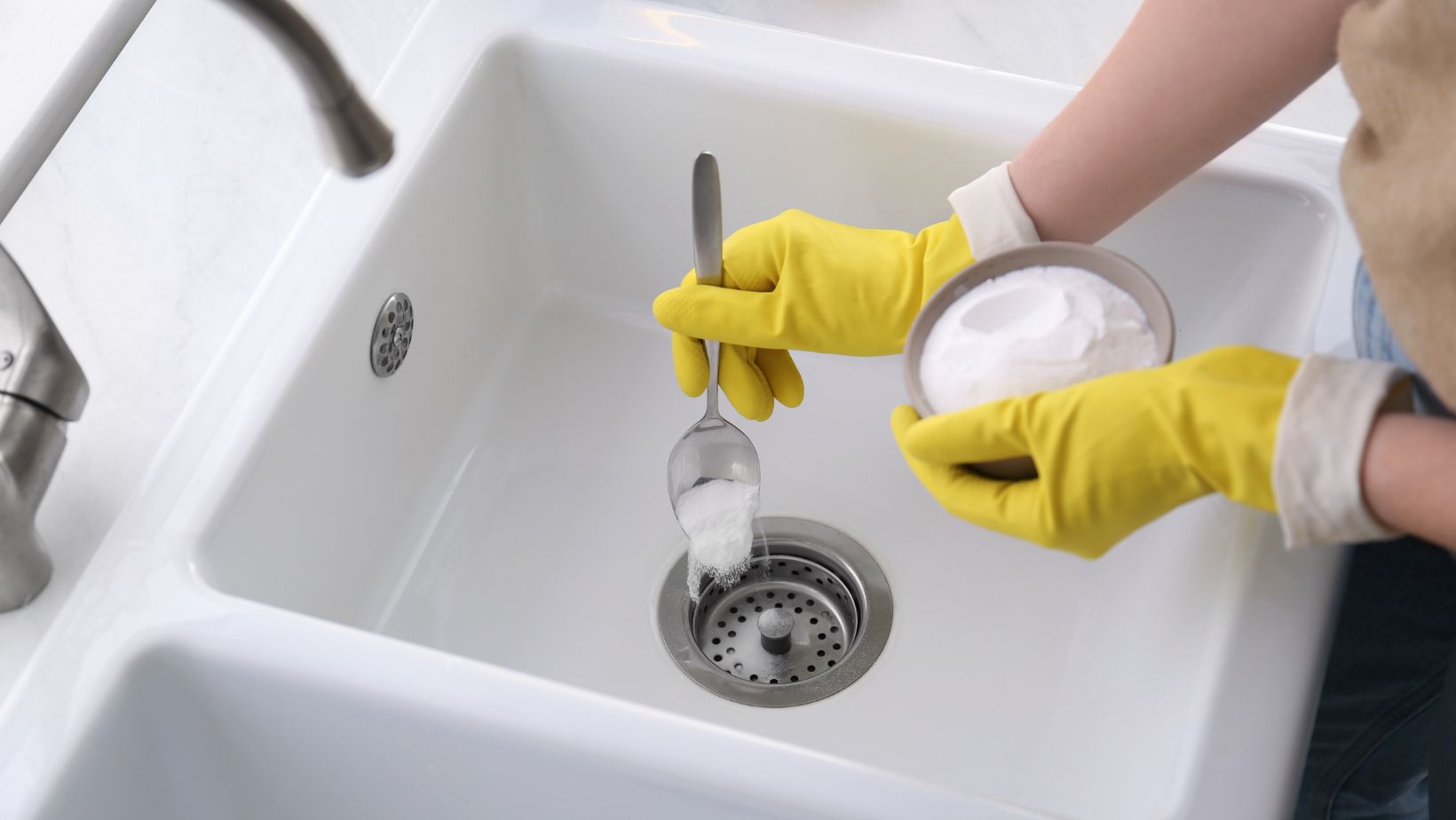
Then perform a series of vigorous pumps. The created pressure loosens the blockage, allowing it to pass through the drain.
3. Baking Soda and Vinegar
For tougher blockages, such as soap scum or mineral buildup, a solution of baking soda and vinegar might prove necessary. Pour half a cup of baking soda into the drain, followed by half a cup of vinegar. After letting the mixture sit for 15-20 minutes, rinse with hot water. This combination results in a fizzing action that often dislodges the clog.
4. Use a Plumber’s Snake
In cases of persistent blockages, a plumber’s snake represents a valid resort. Insert the snake into the drain and turn the handle to break up whatever is causing the clog. This method works well on stubborn blockages that other methods can’t handle. However, remember to not force the snake, as it can damage the pipes.
Preventing Future Sink Blockages
Preventing sink blockages begins with being mindful of what goes down the drain. While Ben’s Plumbing can easily fix a sink problem, adopting preventive measures saves you both time and money.
Regular Cleaning Offers Continuous Drain Flow
Continuous drain flow aids in minimization of potential blockages. Dislodging the visible debris stuck within a sink drain isn’t enough. Complement a regular cleaning program with a boiling water pour weekly – an action that helps tackle any residual oil or grease before it solidifies into a plug.
Stop Food Particles From Entering Drain
Food particles rank among the primary culprits of sink clogs. Employ a sink strainer to catch food debris and prevent it from entering the drain. Be selective in rinsing dishes, scraping off food remnants into the trash can prior to washing.
Be Cautious of Oil and Grease
Oils and grease may appear harmless in liquid form but can solidify in the pipes, causing blockages. Instead of pouring it down the sink, let it harden, scrape it into a disposable container, then discard it properly.
Avoid Soap Scum and Hair Buildup
Soap scum and hair buildups are typical in bathroom sinks, resulting in stubborn clogs. Install a hair catcher in bathroom sink and clean it regularly to stave off this common menace.
Be Skeptical of Hard Water
Hard water deposits minerals in pipes that gradually lead to blockages over time. Consider installing a water softener; it reduces the mineral content in water, mitigating the risk of mineral deposits within the plumbing system.
Foreign Objects Are Strictly Prohibited
Foreign objects like children’s toys, jewelry, or other items should never find their way into the sink. Ensure that objects that could potentially cause an obstruction are nowhere near the sink.
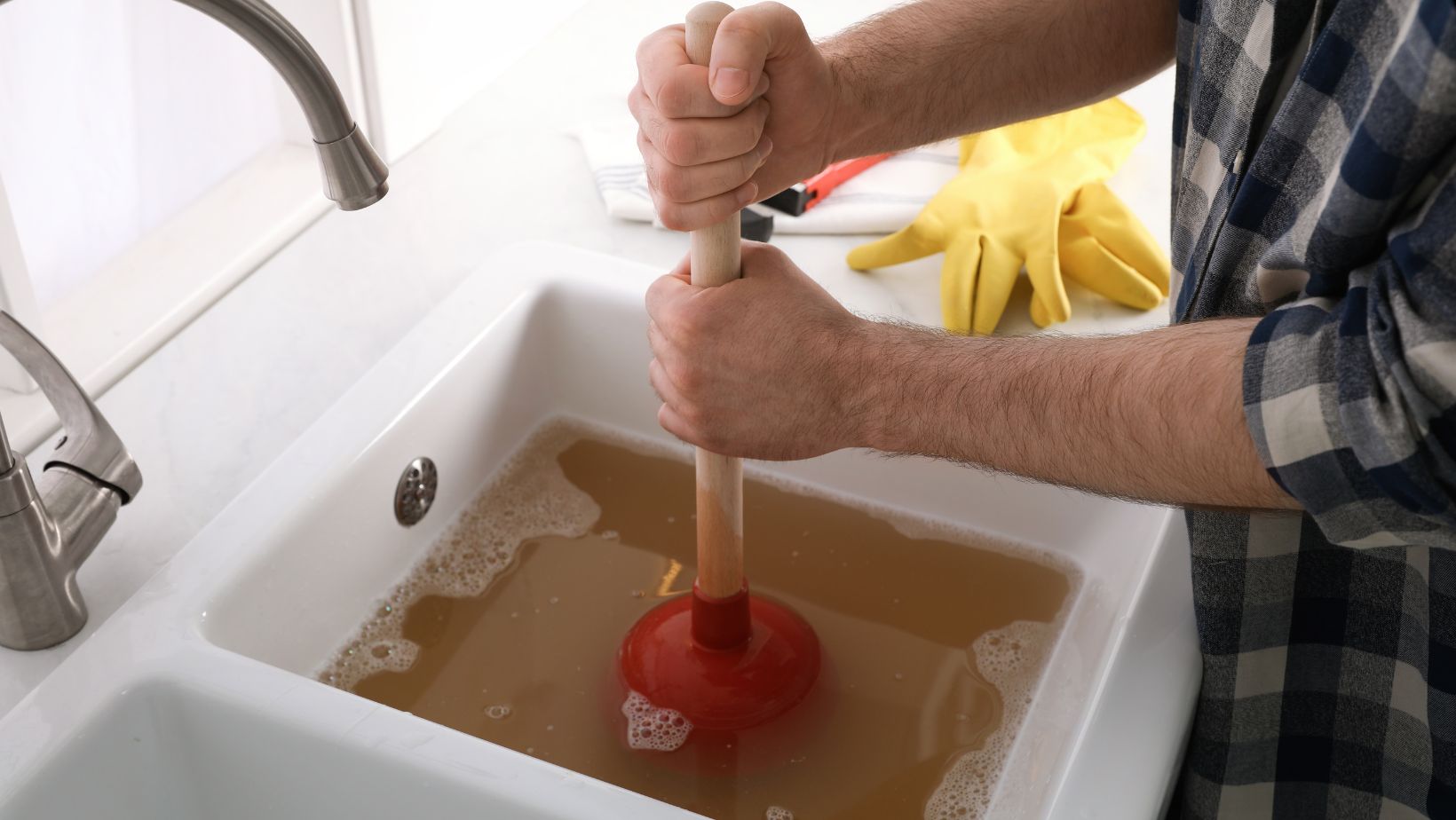
Employing these strategies could help maintain a free-flowing sink, potentially reducing the need for DIY unclogging methods or professional plumbing services.
When to Call a Professional
Despite every effort to unclog the sink using DIY methods, certain situations necessitate professional help.
Persistent Blockages
Problems persistently reoccurring, even after trying all four DIY methods discussed previously, indicate a need for professional intervention. This blockage could stem from a deeply ingrained obstruction or possibly a more serious issue that demands an expert’s attention.
Inaccessibility of the Blockage
When the source of the blockage sits further down the pipe system, out of reach for a plunger or snake, a professional plumber becomes the viable option for resolving such issues.
Multiple Drains Clogged
There’s a high likelihood of a serious plumbing issue when multiple drains in the home simultaneously clog. A situation bearing such gravity denotes a need for a professional plumber’s inspection and resolution.
Overflowing Water
Should water overflow from the sink, possibly leading to property damage, engaging professional help is crucial to mitigate the damage and swiftly alleviate the obstruction.
Unusual Noises or Foul Smells
Atypical noises, such as gurgling or bubbling from the pipes, or offensive odors emanating from the drains serve as red flags indicating a call to a professional. These symptoms could mean serious plumbing complications that exceed the capabilities of DIY solutions.
Companies such as Ben’s Plumbing specialize in solving these advanced sink problems. They come equipped with advanced tools and ample experience to efficiently and effectively address any level of plumbing challenge. So, in cases where DIY efforts don’t suffice, skilled professionals stand ready to eliminate the persistent sink issues. Their expert analysis prevents further damages and ensures long-lasting solutions, augmenting the manageability of regular household maintenance.







